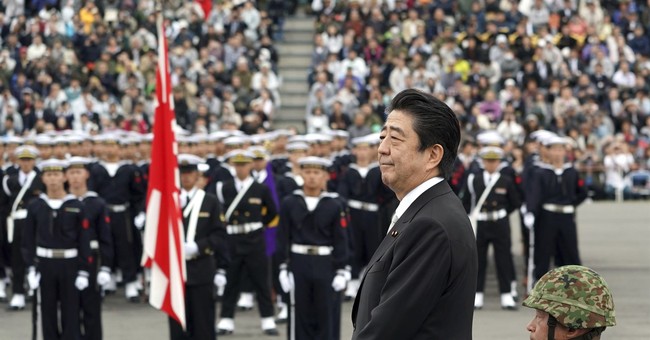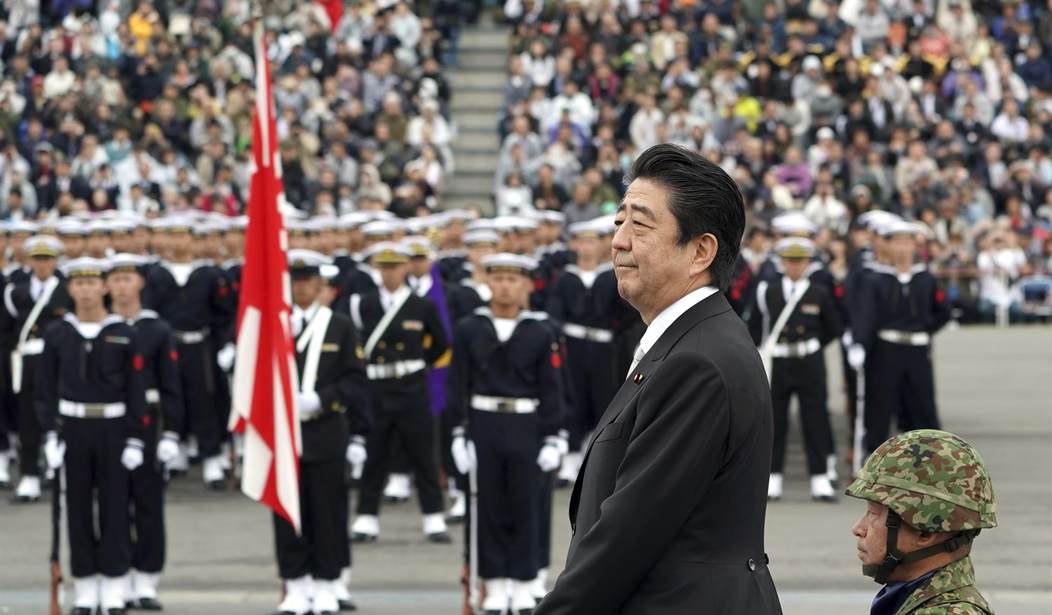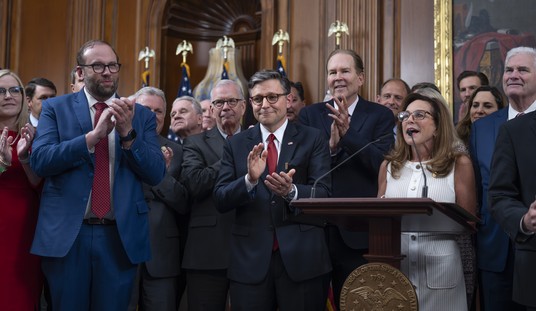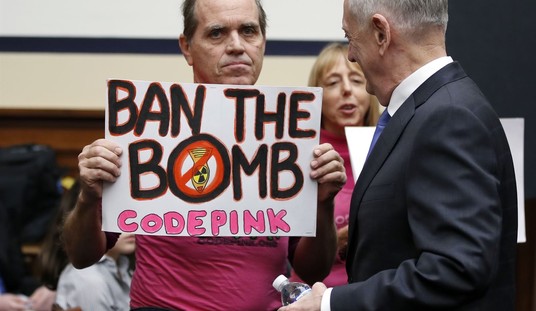
Japan realized it has a severe over-reliance on China, and instead of talking about fixing it, it’s actually doing what’s necessary to distance itself from its largest trade partner.
According to The Nations, Japan has moved dozens of its own companies (numbered at 87) out of China and either back onto its own shores or into other Asian territories:
In March, Prime Minister Shinzo Abe said the government wanted to bring production back home and diversify into Southeast Asia. The following month, the government set aside $2.2 billion in its coronavirus economic recovery package to subsidize that process.
It has now announced a list of companies that will benefit from the first round of subsidies, with 57 companies receiving a total of $535 million to open factories in Japan and 30 others paid to expand production in Myanmar, Vietnam, Thailand, and other Southeast Asian countries.
China is Japan’s largest trading partner, but Japan’s Ministry of Economy, Trade, and Industry (METI) has been trying for several years to reduce the country’s dependence on its giant neighbor.
Before you start to think that Japan has moved into a more nationalistic stance, Japan’s Ministry of Economy, Trade, and Industry (METI) is still embracing the idea of globalization but believes that globalization needs to be redefined:
The METI official said it was unrealistic to bring all production home, adding that Japan’s vision is different from U.S. Trade Representative Robert E. Lighthizer’s view that the era of offshoring is over.
Instead, Japan wants a combination of domestic and overseas production, together with international cooperation especially when it comes to emergency supplies.
We are not retreating from globalization, but we have to update globalization, he said. Japanese companies have to adjust to that new normal, but globalization is still on the way.
China is something of a manufacturing hub of the world, and after the spread of Coronavirus, many countries have begun discussing ways to lessen their reliance on the communist nation. We learned the hard way when, during the height of the pandemic, China threatened to cut our medical supplies if we attempted to assist Hong Kong in any way as it struggled to maintain its independence from China.
At this time, tensions between the U.S. and China are at an extreme height. According to CNN, the White House is reportedly considering banning members of the Chinese Communist Party from coming to America. China has issued sanctions against the US for highlighting its human rights abuses:
On Monday, Beijing announced sanctions against US officials, including Senators Marco Rubio and Ted Cruz, in retaliation for measures announced by Washington last week over Beijing’s alleged human rights abuses in Xinjiang.
Washington’s sanctions on Chinese officials include the freezing of their American assets and a block preventing US nationals from conducting business with them. Those sanctioned by the US also face visa restrictions, preventing them and their families from entering the US.
The US State Department estimates that since 2015 as many as 2 million Muslim-majority Uyghurs and other Turkic minorities have been imprisoned in enormous re-education camps in Xinjiang, as part of a region wide crackdown by Beijing. They are reportedly “subjected to torture, cruel and inhumane treatment such as physical and sexual abuse, forced labor, and death.”
“I don’t know how absurd all these fabrications can go,” Cui said, adding that people were basing their perceptions or judgment on reports of “questionable sources.”
Unless a miracle occurs, it’s not likely that relations are going to improve between the US and China, and that definitely means that manufacturing and product distribution will be at a large risk going forward.
It would be better if we took the opportunity to do what Japan is doing and begin systematically removing our companies from China and putting them where they would do more good.














